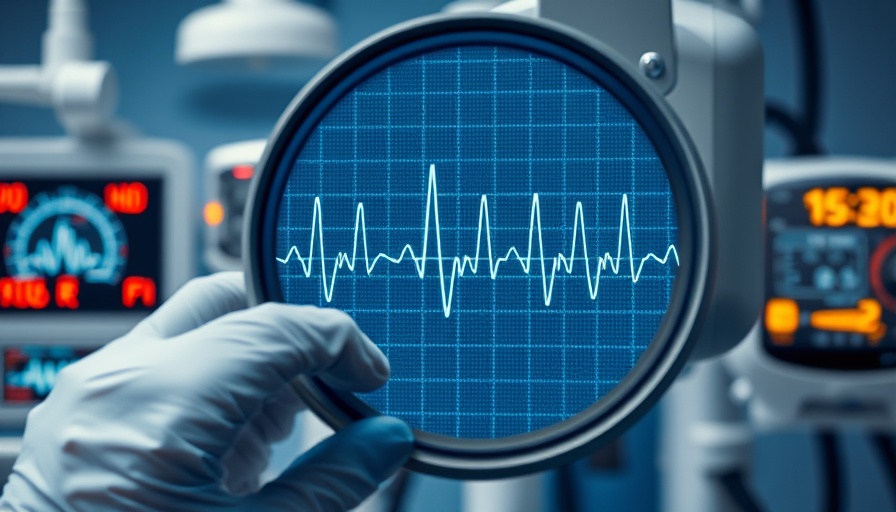
Understanding Remote ECG Screening and Atrial Fibrillation
In recent years, remote ECG (electrocardiogram) screening has emerged as a crucial technology in the healthcare field, particularly in detecting atrial fibrillation (AF). Atrial fibrillation is a common heart condition that can lead to serious complications such as stroke, heart failure, and other heart-related issues. The advent of telemedicine has expanded the potential to identify this condition earlier, potentially improving patient outcomes through early intervention.
What the Latest Research Says
A recent study highlighted that while remote ECG screening leads to increased detection rates of atrial fibrillation, the increase is considered modest. This is significant for healthcare professionals and individuals monitoring heart health, as it indicates that remote monitoring tools can play a role in identifying AF cases that may otherwise go unnoticed during routine check-ups.
Benefits of Remote Screening Technology
The primary advantage of remote ECG screening aligns with the trend of proactive healthcare management. As discussed in several studies, including one by the American Heart Association, these remote tools are valuable for patients who may not have ready access to traditional healthcare facilities, especially in rural or underserved areas. The ability to monitor heart rhythms from home allows patients to engage in their cardiovascular health actively.
Bridging the Gap: How Technology Enhances Healthcare
Investing in remote ECG devices is not just about improving detection rates. It enables continuous health monitoring, which can lead to more personalized care. According to technological experts, the integration of artificial intelligence and machine learning within these devices can further enhance the accuracy of diagnoses. This can produce better outcomes and even lower healthcare costs in the long run.
Future Predictions for Atrial Fibrillation Monitoring
Moving forward, experts suggest that the combination of advanced wearables and AI will revolutionize how atrial fibrillation and other heart conditions are monitored. This paradigm shift allows for real-time data collection, which can keep healthcare professionals informed and patients proactive about their health.
Conclusion: The Importance of Staying Informed
As remote ECG screening technologies become more prevalent, individuals should remain aware of their heart health and seek to understand the tools available for monitoring it. Regular screenings, even if remote, can contribute to better health outcomes and earlier treatment of potential conditions. Taking charge of one's health is more critical than ever in today’s fast-paced world.
 Add Row
Add Row  Add
Add 




Write A Comment